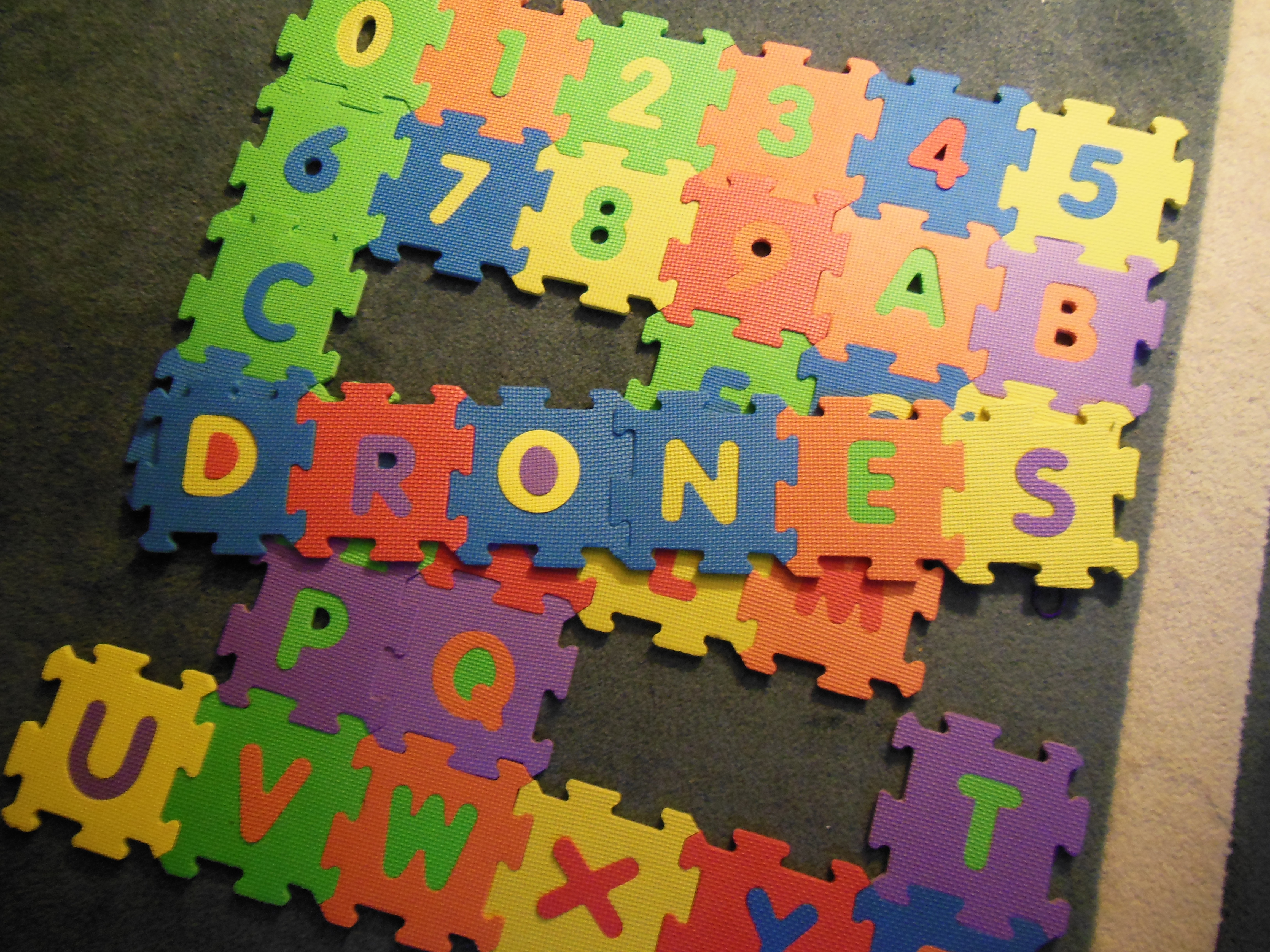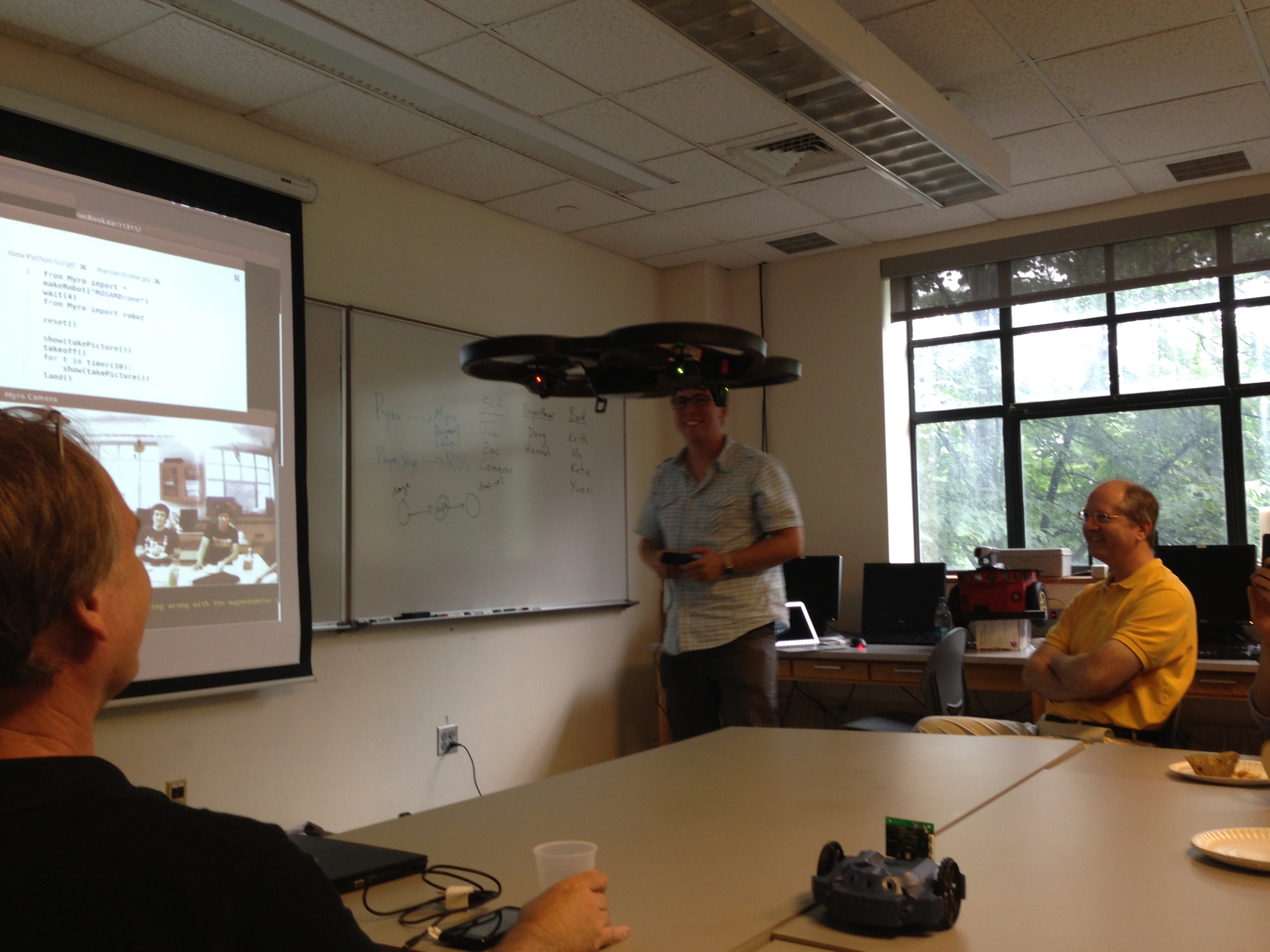This summer I taught a course in the Bard Prison Initiative (BPI) in addition to advising undergraduate research students. I also co-developed a computing component for our Language and Thinking (L&T) program. This post covers the L&T effort, the previous post was about BPI.
Since its inception, the Bard computer science program (i.e., department) has posited that computing is a valuable and integral part of a liberal arts education. Since I have joined the program, I have adopted this mission whole-heartedly — thus, this blog. As a program, we offer a wide variety of introductory computing courses involving: the web, simulation, interactive graphics, robotics, and digital humanities. These courses expose students from many backgrounds to computational thinking, communicating algorithms to computers and people alike in PHP, Logo, Processing and Python.
Last year our college was interested in exposing all of our students to coding & computing. Given this ambition, our program thought long and hard in consultation with others around campus. A new college-wide distribution requirement? A MOOC? Hour-of-Code? Scratch? App-Inventor? Scribbler Robots?
Continue reading Summer Vacation 2015: Part II (Language & Thinking)


